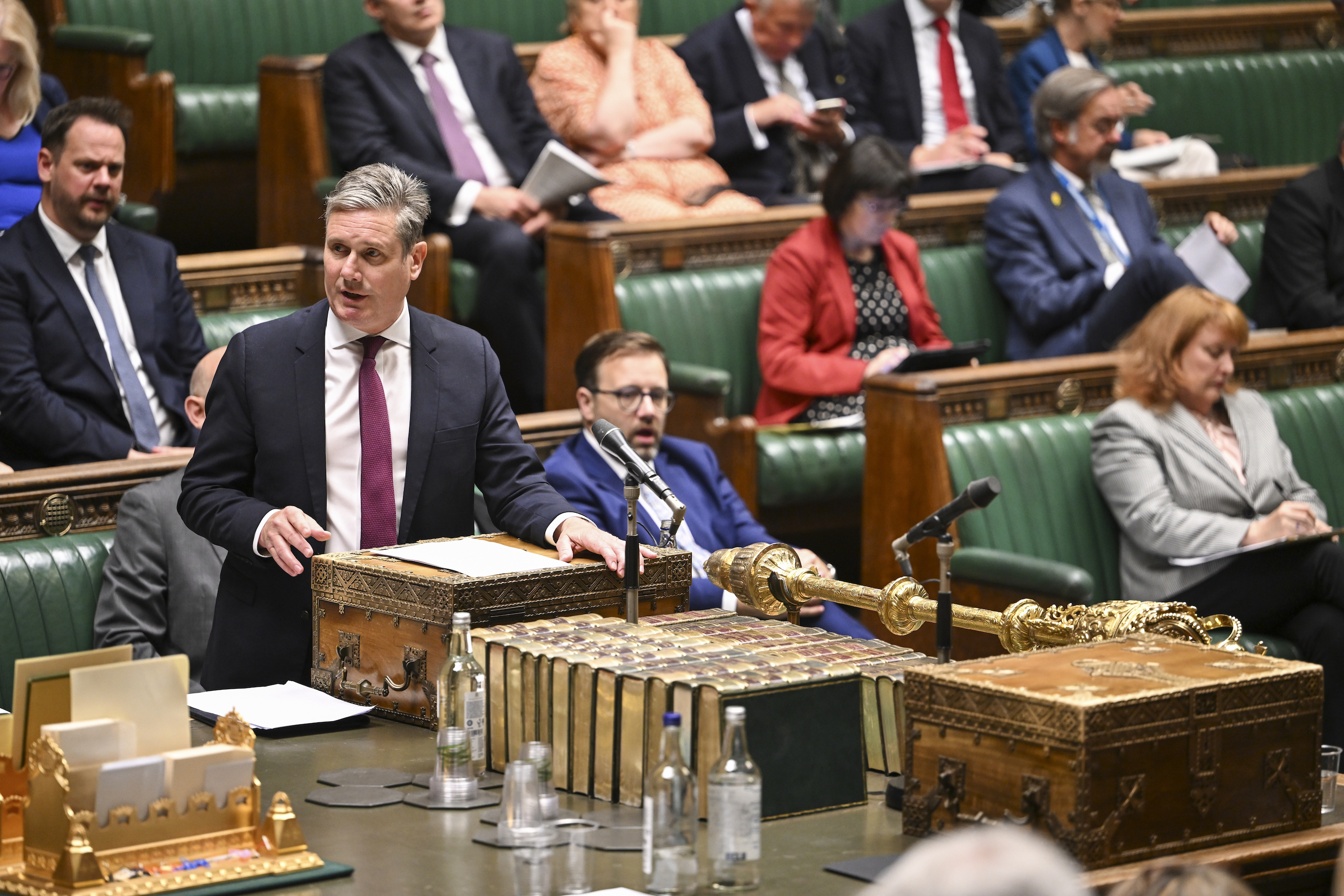Labour’s aggressiveness in challenging the government’s record on key “wedge issues” is paying off, according to new polling which shows Keir Starmer’s party is more trusted than the Conservatives on issues including immigration, law and order, taxation and Brexit.
A YouGov poll for The Times newspaper surveyed voters on which party they thought would be better at handling various problems afflicting the country.
It was revealed that 22 per cent of voters believe Labour would do a better job handling immigration and asylum compared with 16 per cent for the Conservatives and 4 per cent for the Liberal Democrats. Although 26 per cent said they were still unsure on this point.
Other notable findings from the polling include that Labour is now more trusted on taxation. In total, 27 per cent of voters believe Labour is better on this area compared with 19 per cent for the Conservatives.


Those polled also backed Keir Starmer’s party on law on order, with 24 per cent of voters suggesting Labour is best suited to tackling this area as opposed to 20 per cent pointing to the Conservatives.
Of the ten policy areas tested as part of the poll, the Conservatives were backed on only defence and security, a policy area over which they lead Labour by 24 per cent to 19 per cent.
Overall, the polling suggests that Labour’s aggressive targeting of “wedge issues”, i.e. areas that are traditionally seen as important to the Conservative party’s electoral offering, could be paying off.
In recent days, shadow chancellor Rachel Reeves ruled out introducing a wealth tax or increasing the top 45p rate of income tax to neutralise Conservative attacks on “tax and spend”.
Changes made by chancellor Jeremy Hunt in the Autumn Statement in November last year will see the tax burden rise to 37.5 per cent of GDP in 2024/25, the highest level since the second world war.
The Labour party is also now increasingly set on drawing attention to the government’s record on small boats crossings, law and order and the economy.
Additionally, Keir Starmer’s party has built up wide leads on areas where they are traditionally strong. On education and schools, for example, Labour had a lead of 35 per cent to 15, on housing the figures were 33 per cent to 10, and on the economy 25 per cent to 21.
The party is also ahead on Brexit, with 19 per cent favouring its policies compared with 17 per cent for the Conservatives.

